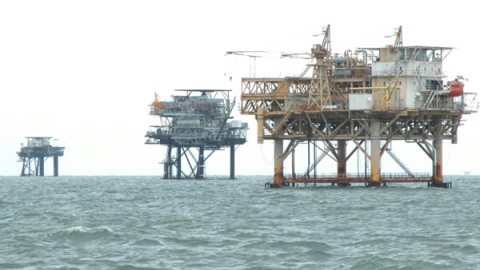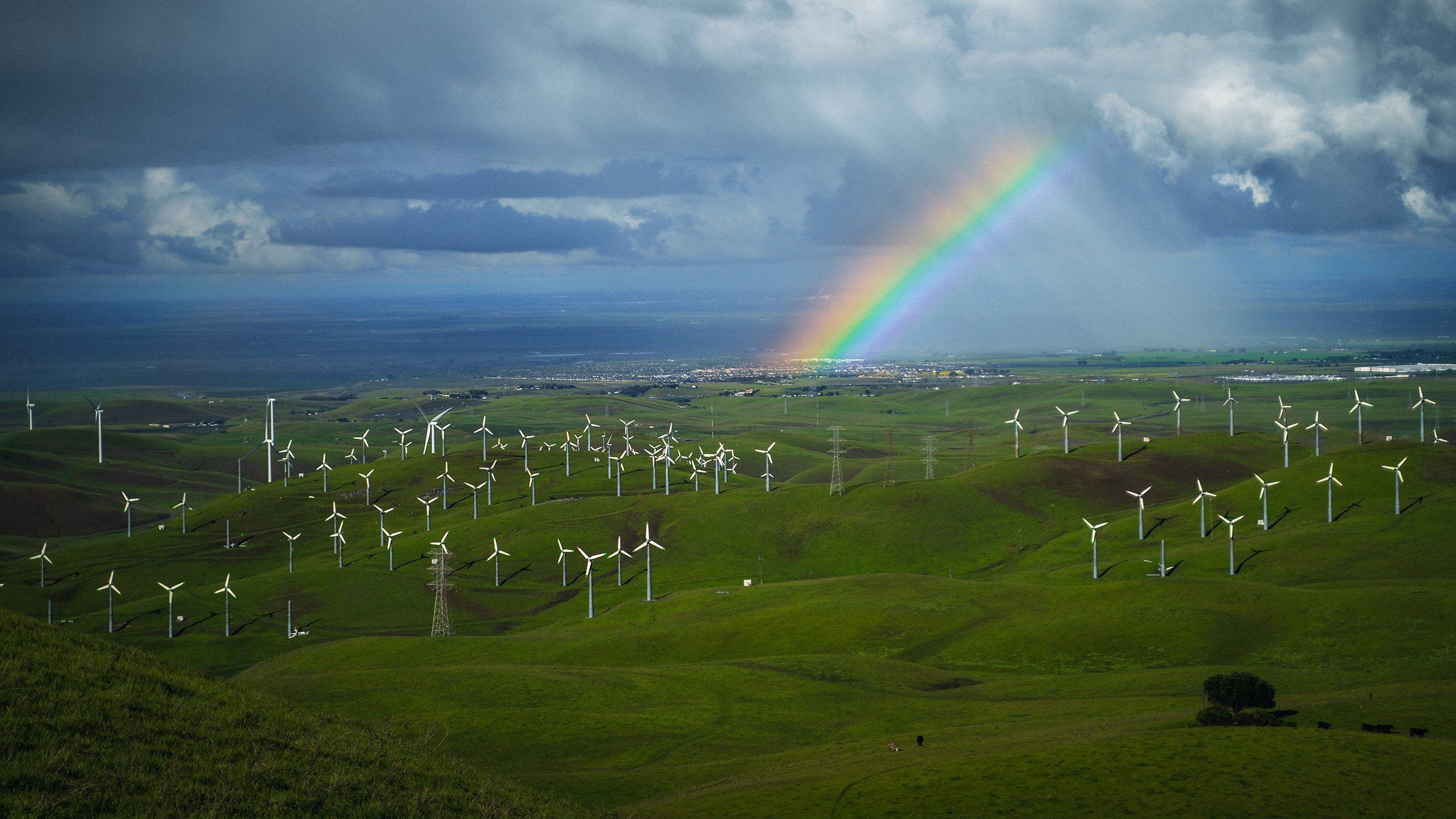Offshore Wind, Stop Saying Sorry. Offshore Oil: Please Start

As the wake of destruction trailing the Gulf oil spill continues to look increasingly dark, I can’t help but think back to the speech that Interior Secretary Salazar made when he announced his approval of Cape Wind – America’s first offshore wind farm – in late April. Up there on the podium, he looked, sounded, and acted so apologetic that you’d have been forgiving for thinking he was announcing an oil spill, not a victory for wind power and renewable energy. Touching all too briefly on the jobs and clean power Cape Wind would create, he belabored the fact that not everyone was going to be happy with having 130 turbines whirling off the coast of Cape Cod in Nantucket Sound.
He also took special care to point out that the project – originally proposed at 170 turbines – was down to 130, an effort to preserve the aesthetics of the Sound. We want to go ahead with the project, but don’t worry, not at full steam, Salazar seemed to say. Please don’t hate us. Don’t be mad.
And then he took care to point out that Nantucket Sound has always been “working” body of water. Was that going to win over any detractors? At every turn, his apologetic tone seemed to give anti-Cape-Winders more room for resentment and anger, and detract from any celebratory mood he might have created among pro-Cape-Winders.
Compare Salazar’s ‘so sorry to disturb’ approach to the dismissive ‘oh, please, it’s not that bad, and we certainly weren’t drilling deeper than our permit allowed’ approach taken by greenwashing BP at the start of the Gulf oil spill crisis.
“The Gulf of Mexico is a very big ocean. The amount of volume of oil and dispersant we are putting into it is tiny in relation to the total water volume,” BP chairman Tony Hayward told the Guardian, for example. Which, as Andy Revkin notes, is “somewhat akin to saying don’t worry about viruses; they’re way smaller than you are.”
Are all the wrong people apologizing, when it comes to clean energy and dirty energy? Wouldn’t it be nice if offshore renewable energy would stop apologizing for getting (slightly) in the way of people’s ocean views, and offshore oil would start apologizing (in earnest) for setting entire ecosystems back?




